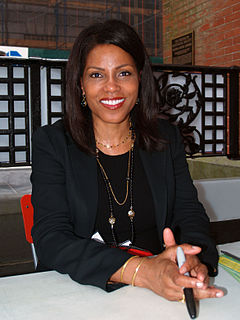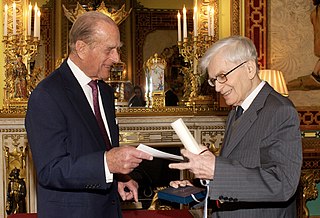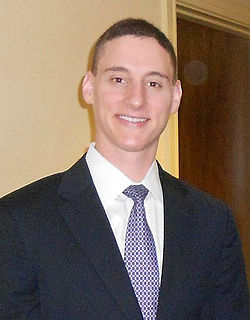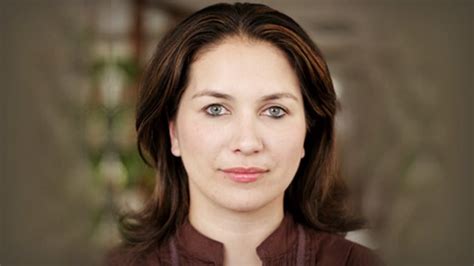A Quote by Alain de Botton
It would scarcely be acceptable, for example, to ask in the course of an ordinary conversation what our society holds to be the purpose of work.
Quote Topics
Related Quotes
The message would be that the purpose of life is not to eat and drink, watch television and so on. Consuming is not the aim of life. Earning as much money as one can is not the real purpose of life. There is a superior entity, a divinity, le divin as we say in French that is worth thinking about, as are our feelings of wholeness, respect and love, if we can. A society in which these feelings are widespread would be more reasonable than the society the West presently lives in.
We need to do a top/bottom review of the federal government and for every agency administration bureaucracy that is not called for in the United States Constitution, we have to really ask the question what is its purpose, how many people work there, how much does it cost the taxpayers and what is the value to our society.
God is at the tip of our scalpels, our screwdrivers, our computer terminals, our dust rags, our vacuum cleaners, our pencils and pens. He is with us in our wheelchairs, or on our hospital beds, when all we can do is sit or lie flat. When we envision Him and His purpose in what we do, then we begin to grow aware of His presence in the middle of it. We are able to engage in our inward conversation with Him as we work, naturally, without strain. He becomes our partner, our collaborator.
First, I would say, is ideology. I have never spoken to any member of these groups, not just ISIS, but also Al Qaeda, Shabab, etc., who wasn't driven by the ideology. Beyond that, a lot of people are wounded in some way - they've fallen out of society in some manner. All of the ones I've spoken to seem to have veered off course from lives we consider acceptable and successful. Of course, there are others like Osama bin Laden, who was a wealthy and successful businessperson.
No matter what our job is, we view it not as our purpose in life but rather as where God has sovereignly placed us for the purpose of making Christ known and his name great. If you are a teacher, if you are a politician, if you are a businessman, if you are in agriculture, if you are in construction, if you are in technology, if you are in the arts, then you should not be saying, ‘I need to find my life’s purpose in this work,’ but rather, ‘I need to bring God’s purpose to this work.’






































